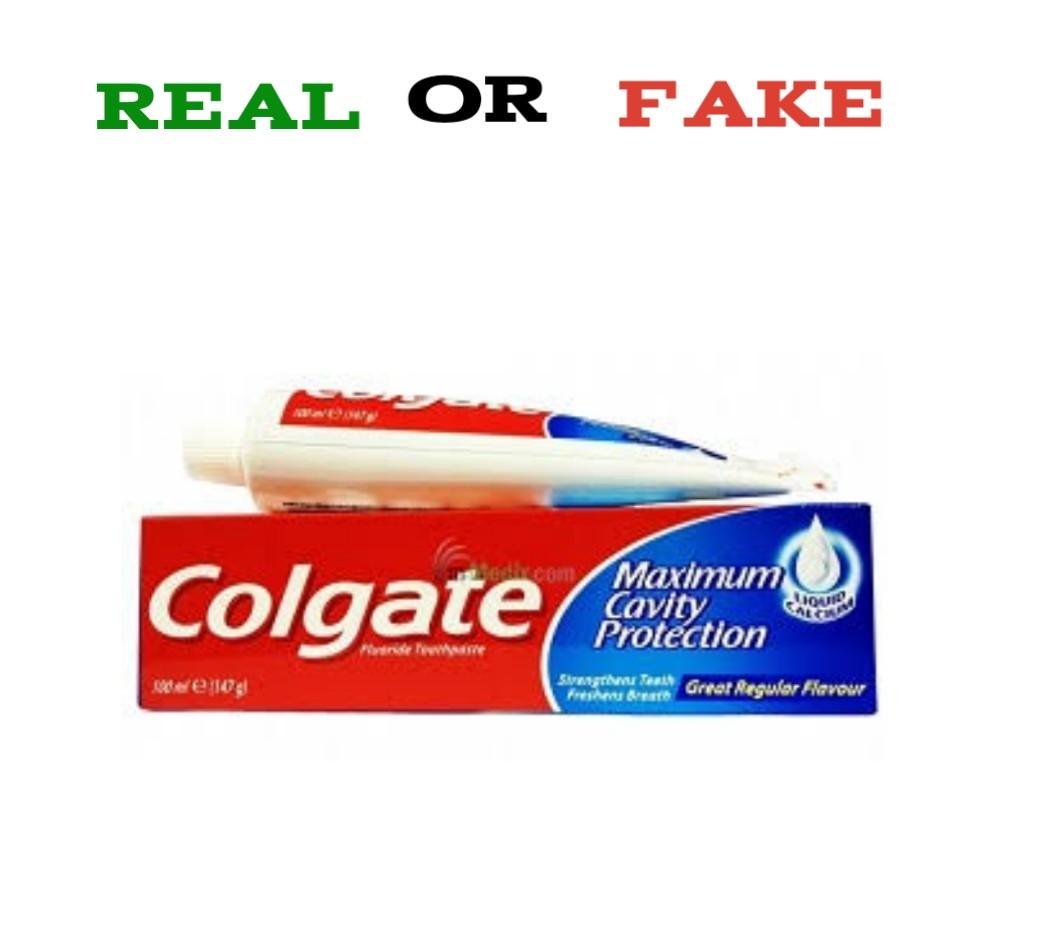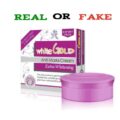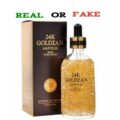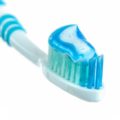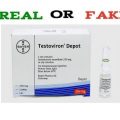Colgate Toothpaste is manufactured by Colgate-Palmolive, an American company and are used principally for oral hygiene. Colgate oral hygiene products were first sold by the company in 1873, sixteen years after the death of the founder, William Colgate. The company originally sold soap.
Colgate toothpaste was sold in glass jars since 1873. Tubes, as pioneered by Kalodont, Johnson & Johnson (Zonweiss) and Sheffield, were introduced in 1896. Colgate became popular in the 1950s, with the slogan “It Cleans Your Breath While It Cleans Your Teeth”, written by copywriter Alicia Tobin.
The Fake Colgate Problem
Counterfeiting of Colgate toothpaste has been a common problem in various parts of the world. Counterfeiters produce fake Colgate toothpaste and sell it to unsuspecting customers. These fake products are often packaged and labeled to look like genuine Colgate products, but they may contain harmful ingredients and can pose a health risk to users.
Colgate-Palmolive has been plagued by counterfeiting for several years, and in 2013 was sued by a US woman who claimed using a counterfeit of one of its toothpaste damaged her health. The judge in the case ruled that the company could not be held liable for the actions of a counterfeiter, although she was eventually awarded $95,000 in a settlement involving the importer and retailer of the fake toothpaste.
A fake toothpaste Colgate-Palmolive’s Triple Action brand found in stores in Panama City, David and Santiago had an expiry date of April 2022 with the lot number L9099CT1034, according to Panama’s Ministry of Health (MINSA). Counterfeit toothpaste discovered in Panama contains diethylene glycol (DEG), an ingredient responsible for poisoning hundreds of people in the country a few years ago.
Diethylene glycol (DEG) or (2-hydroxyethoxy)ethanol) is illegally used as counterfeit glycerin and sold as a component of toothpastes (Bogdanich and McLean 2007, Medsafe 2007). Glycerin and diethylene glycol are similar in appearance, smell and taste. DEG is a clear, practically odorless liquid with a sweetish taste, and is rapidly absorbed and distributed within the body when consumed. It is metabolized in the liver to 2-hydroxyethoxyacetic acid (HEAA), which damages the kidneys and nerves.
In Venezuela, Colgate-Palmolive Co CL.N is warning citizens not to buy fake versions of its toothpaste brands, leading local authorities to issue a health warning, as demand for imported products. The fake toothpaste had been imported from China, Mexico and Thailand and had the same color scheme and design as some of Colgate’s genuine brands available in Venezuela, the institute said. Colgate in its Monday statement said buyers could identify the genuine products because the text on the tube and box are in Spanish and show an official sanitary permit.
What symptoms may be associated with consuming Diethylene Glycol?
Consuming diethylene glycol in toothpastes could cause harm in some people, in particular, young children and those with liver or kidney disease. Its use at high doses in pharmaceuticals has been linked to a number of deaths. Symptoms associated with consuming diethylene glycol may include: nausea, vomiting, headache. Symptoms of moderate exposure include: lethargy, weakness, inebriation, severe gastrointestinal symptoms and low urine output. Severe exposure can lead to liver, blood and kidney disorders, seizure and coma.
How To Spot Fake Colgate Toothpaste
To protect yourself from counterfeit Colgate toothpaste, it is important to purchase from authorized retailers and avoid buying from street vendors or unauthorized online sellers. You can also check the packaging and labeling of the product to ensure that it matches genuine Colgate products.
Some signs of a counterfeit Colgate toothpaste may include:
- Packaging that looks different from genuine Colgate toothpaste packaging.
- Spelling errors or typos on the label.
- Unusual or unfamiliar flavors or colors.
- A lack of Colgate logos or trademarks on the packaging.
According to Colgate-Palmolive, all its toothpaste only has a two-year expiration date from the point of manufacture, so any product currently claiming a longer expiry will be counterfeit. The fakes also have a “barely perceptible” minty taste unlike the genuine product, and have an unusual viscous consistency and a strange odor and taste, it continues. The tubes are made of a more rigid material, while the boxes are harder to open, with silicone-sealed closures, and have a duller red color than usual.
If you suspect that you have purchased a counterfeit Colgate toothpaste, it is important to stop using it immediately and contact Colgate or the relevant regulatory authority in your area to report the issue. Additionally, if you experience any adverse reactions after using a toothpaste product, seek medical attention immediately.
Side Effects of Fake Colgate toothpaste
Fake Colgate toothpaste can pose several health risks to users. Since these products are not manufactured by Colgate, they may contain harmful ingredients that can cause serious health problems. Here are some of the health risks associated with using fake Colgate toothpaste:
- Tooth decay and gum disease: Fake Colgate toothpaste may not contain the right ingredients to protect teeth and gums from decay and disease. This can result in cavities, gum disease, and other oral health problems.
- Poisoning: Some fake Colgate toothpaste products have been found to contain toxic chemicals such as diethylene glycol (DEG), which can cause poisoning if ingested. DEG can damage the liver, kidneys, and other organs, and can even be fatal in high doses.
- Allergic reactions: Fake Colgate toothpaste may contain ingredients that can cause allergic reactions in some people. These reactions can range from mild skin irritation to severe anaphylaxis.
- Bacterial infections: If fake Colgate toothpaste is not properly manufactured and packaged, it can contain harmful bacteria that can cause infections in the mouth or other parts of the body.
It is important to always purchase toothpaste from authorized retailers and to carefully inspect the packaging and labeling to ensure that it is genuine. If you suspect that you have purchased a fake Colgate toothpaste, stop using it immediately and contact Colgate or the relevant regulatory authority in your area to report the issue. Additionally, if you experience any adverse reactions after using a toothpaste product, seek medical attention immediately.

